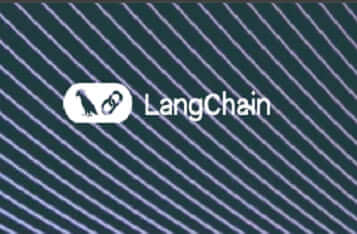Exploring Liquid Democracy in Blockchain Startups: Insights from a16z Crypto
Liquid democracy, a novel approach to representative governance, is gaining traction in the blockchain sphere. Andrew Hall, a researcher from Stanford, has delved into how blockchain startups are leveraging digital voting mechanisms to facilitate high-stakes decision-making. His research, shared by a16z crypto, involves a comprehensive study of over 250,000 voters and more than 1,700 proposals across 18 Decentralized Autonomous Organizations (DAOs) within the web3 ecosystem.
Understanding Liquid Democracy
Liquid democracy combines elements of direct and representative democracy, allowing individuals to delegate their voting power to others. Hall's research highlights that approximately 17% of tokens are typically delegated to representatives. Interestingly, smaller token-holders are more inclined to delegate their voting rights compared to larger token-holders. Furthermore, delegates who frequently participate in voting tend to receive more delegated votes, suggesting that decisions around delegation are somewhat informed and strategic.
Impact of User-Friendly Interfaces
A significant aspect of Hall's research is the examination of DAOs that have implemented user interfaces designed to simplify the delegation of tokens. Using a difference-in-differences approach, Hall evaluates the causal effects of these interfaces and finds that they lead to increased delegation rates, which subsequently boost overall voting participation. This finding indicates that reducing the informational and procedural barriers to participation can enhance the functionality and inclusivity of liquid democracy.
Challenges and Opportunities
While liquid democracy shows promise in facilitating grassroots participation, Hall's research also identifies challenges. Despite theoretical concerns about the risks of over-delegation, the primary hurdle remains the generally low participation rates. This suggests that further efforts are needed to engage and educate participants to fully realize the potential of liquid democracy.
This research was conducted in collaboration with Sho Miyazaki and highlights the potential for liquid democracy to sustain meaningful participation in governance structures when technological and informational barriers are minimized.
Andrew Hall, the Davies Family Professor of Political Economy at Stanford Graduate School of Business and a Senior Fellow at the Hoover Institution, leads this research initiative. His team employs advanced quantitative data analysis and methodologies from econometrics, statistics, and computer science to explore governance systems.
For more insights, visit the a16z crypto website.






